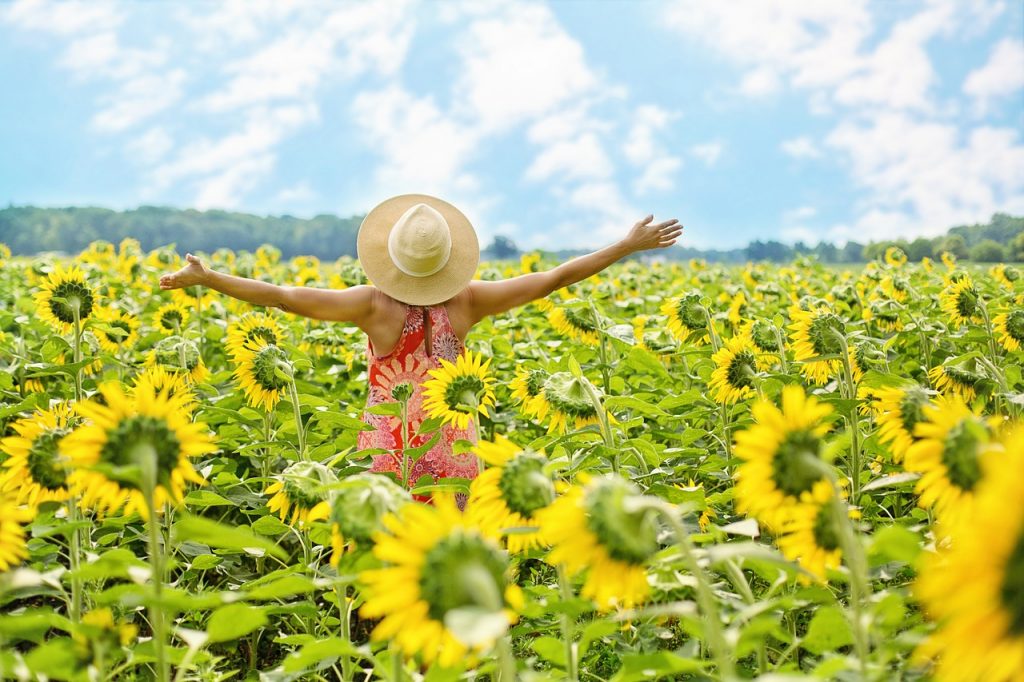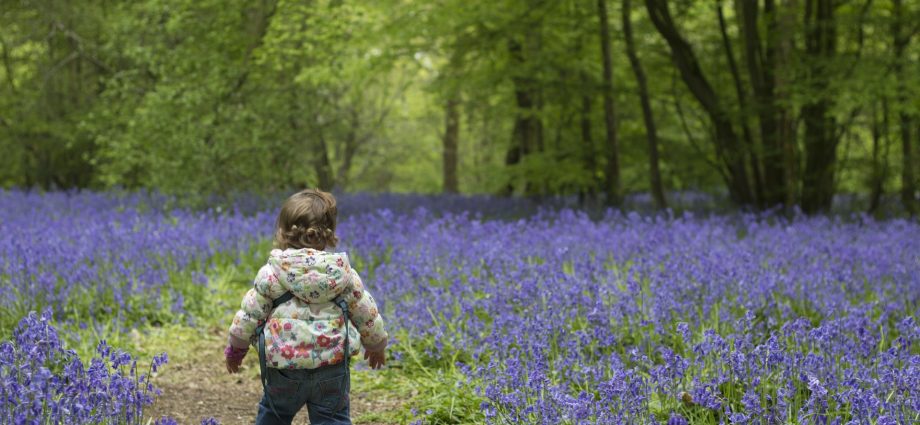Children and Nature
Many of us used to spend hours playing outdoors in our childhood. We were cycling, climbing trees, digging pits in the backyard. We would collect stones, cones, garbage, and do new things from them. Although we did not know their names, we would have examined the flowers, buds, weeds, insects in the garden. From morning till evening, until someone called us home, we played carefree and carefree. In short, most of our daily life would be in the open air.
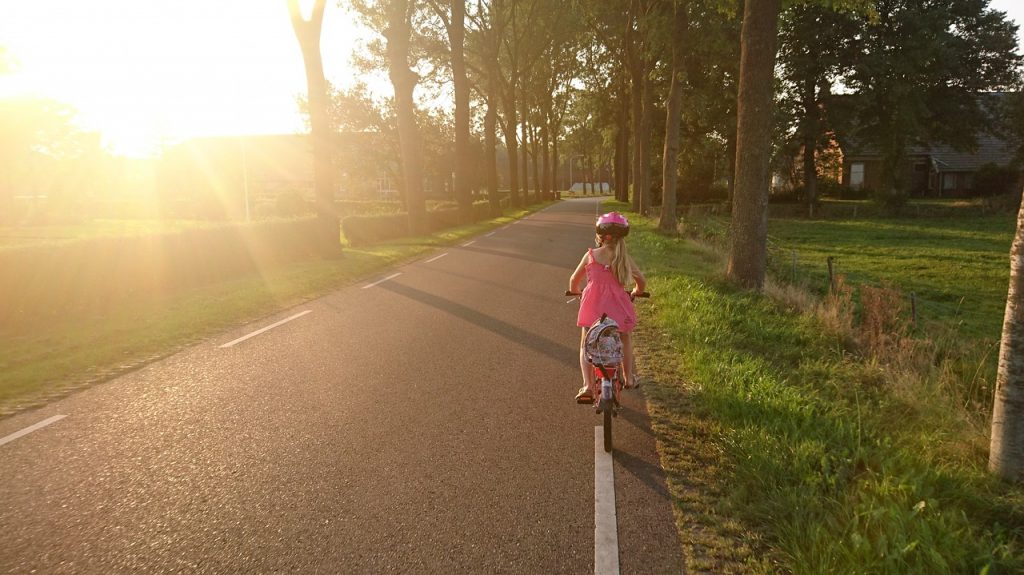
My 4-year-old daughter draws a more moderate and happy character while in nature. That’s why we plan our vacations not in hotels but in camp sites. We both enjoy being outside and feel comfortable there. We encourage our daughter to be in nature with the activities we plan outside. She collects stones by herself, watching ants. She watches the stars and tries to understand the universe.
Last week, I read a research that supports what we do as parents is correct. Solo activities such as fishing, hiking or exploring form strong bonds between children and nature. In addition to these activities carried out independently, social activities support this.
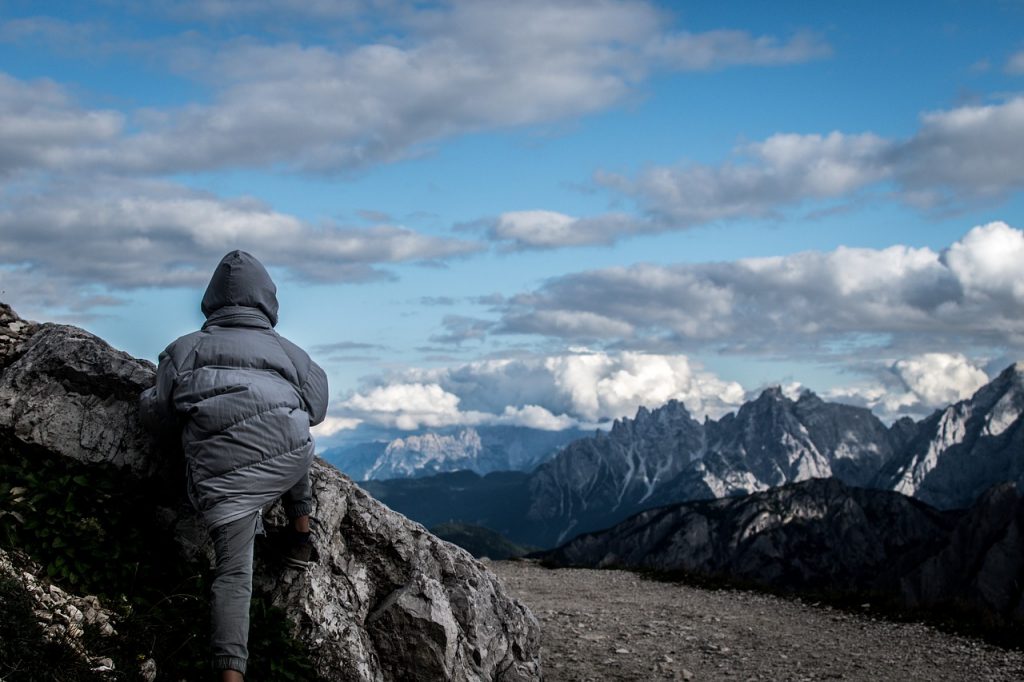
In green spaces, children develop skills such as self-expression and emotional expression. Their awareness about the sustainable life cycle is increasing. Children spending time outside; helping their mental and physical development Today, the bond of young generations with nature is weaker than before. Because they are not aware of many things in a flow in city life.
They need trees and forests where the new generation can live with health and breathe peacefully. We are in a period when the green fields disappeared visibly and an open war agai nst green was started. It is necessary to leave a seed of hope for the future, at least by introducing them to trees, telling them about recycling, giving awareness of the use of organic materials. “You should give children the opportunity to be alone, or to experience it in a way that can personally relate to nature,” the research says. But in doing so, you should reinforce this through social experiences with peers or adults. It is stated that these social activities can be trekking, sports, camping, scouting and hiking.
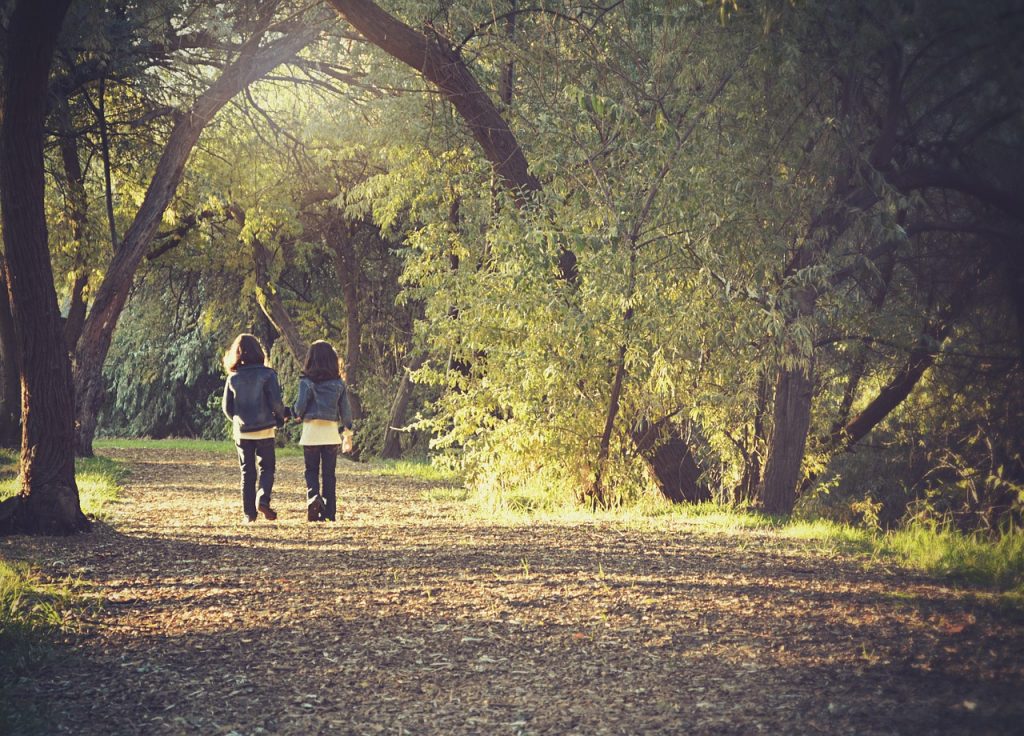
Only then we can train generations who enjoy learning, are curious, researchers, make observations, and produce solutions. Thus, they become healthy, creative, stress-free, happy and environmentally friendly individuals.
Maybe you may be interested!
